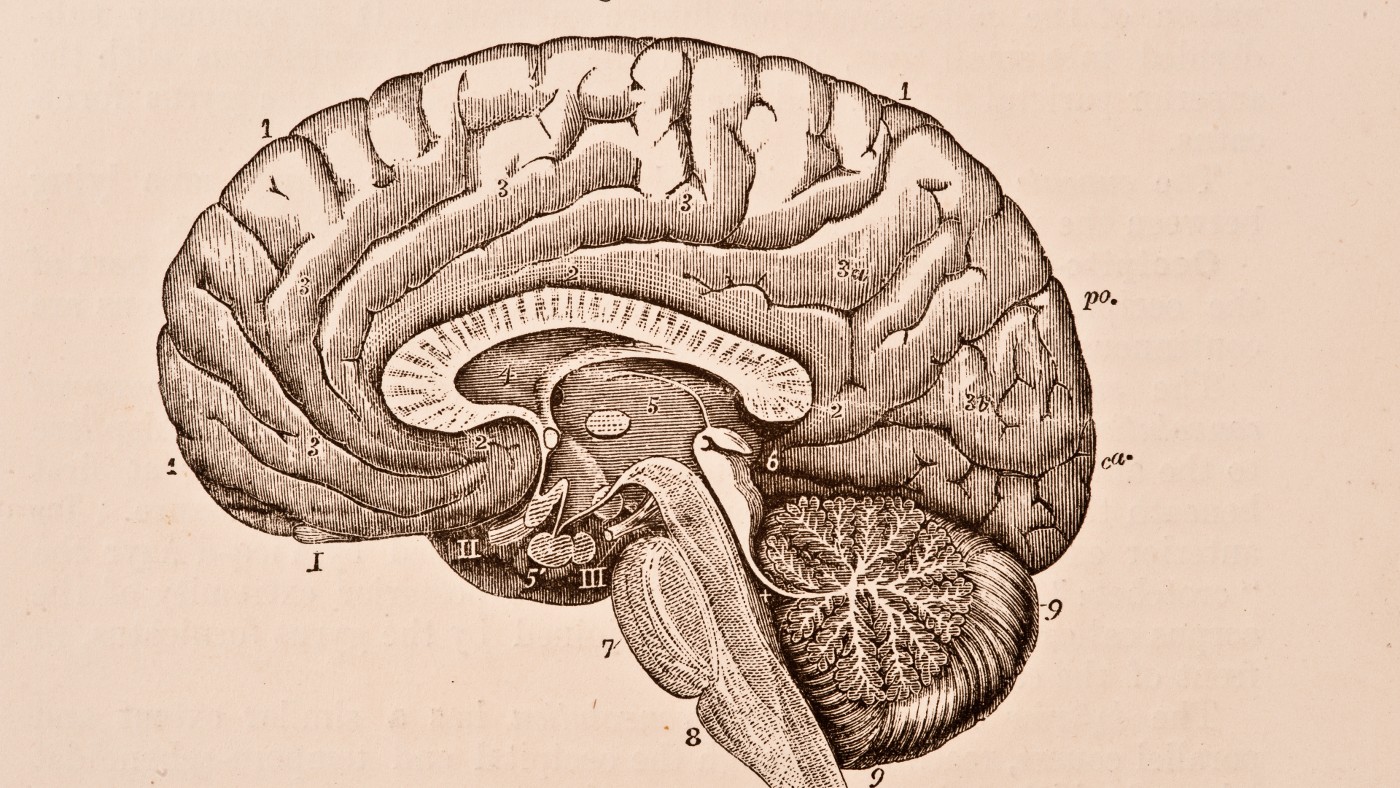Experts working on ‘universal language’ to help humans speak to aliens
Linguists including Noam Chomsky say earthlings and extraterrestrials may share similar kind of grammar

A free daily email with the biggest news stories of the day – and the best features from TheWeek.com
You are now subscribed
Your newsletter sign-up was successful
Researchers are working to develop a “universal language” based on human linguistic traits that would allow humans to communicate with aliens, the US National Space Society (NSS) has heard.
The issue was debated at the society’s annual International Space Development Conference in Los Angeles last week, with some experts more optimistic about the prospect of a shared language than others.
A day-long “Language in the Cosmos” workshop looked at possible ways to develop a system of communicating with aliens, by examining how humans talk to one another and creating a language that can be spoken - and understood - by everyone, the Daily Mail reports.
The Week
Escape your echo chamber. Get the facts behind the news, plus analysis from multiple perspectives.

Sign up for The Week's Free Newsletters
From our morning news briefing to a weekly Good News Newsletter, get the best of The Week delivered directly to your inbox.
From our morning news briefing to a weekly Good News Newsletter, get the best of The Week delivered directly to your inbox.
Linguists Jeffrey Punske, from Southern Illinois University, and Ian Roberts, from the University of Cambridge, argue that there is a universal grammar of languages on Earth, and that this grammar may extend to extraterrestrial languages, especially in their syntax, or sentence structure.
Speaking to CNet, Punske said: “We can expect that extraterrestrial languages have a vocabulary consisting of building blocks of meaning that can be combined to create more complex meanings.
“While the possibility of human contact with extraterrestrials seems remote, and the possibility of communicating successfully with them seems even more remote, the laws of physics, information theory, logic and mathematics could provide some common ground to start from.”
Linguist and author Noam Chomsky elaborated on this theory at the conference, saying: “To put it whimsically, the Martian language might not be so different from human language after all.”
A free daily email with the biggest news stories of the day – and the best features from TheWeek.com
Meanwhile, Douglas Vakoch, the founder and president of Messaging Extraterrestrial Intelligence (METI), said he had been using mathematics to “work on a universal language to let us speak to aliens” and had “started messaging extraterrestrial intelligence” in late 2017.
However, communication expert Gonzalo Munevar, from the Michigan-based Lawrence Technological University, said that aliens would probably have different brains to humans - or no brains at all - and therefore “might perceive and conceptualise their universe in ways that remain forever mysterious to us”.
The Smithsonian Institution’s Air & Space agrees that Munevar’s scepticism “seems in order, considering that we humans are still not close to fully understanding other intelligent species on our own planet, such as dolphins - even though we’re closely related to them. And no relationship whatsoever would be expected with an alien species.”
-
 Sepsis ‘breakthrough’: the world’s first targeted treatment?
Sepsis ‘breakthrough’: the world’s first targeted treatment?The Explainer New drug could reverse effects of sepsis, rather than trying to treat infection with antibiotics
-
 James Van Der Beek obituary: fresh-faced Dawson’s Creek star
James Van Der Beek obituary: fresh-faced Dawson’s Creek starIn The Spotlight Van Der Beek fronted one of the most successful teen dramas of the 90s – but his Dawson fame proved a double-edged sword
-
 Is Andrew’s arrest the end for the monarchy?
Is Andrew’s arrest the end for the monarchy?Today's Big Question The King has distanced the Royal Family from his disgraced brother but a ‘fit of revolutionary disgust’ could still wipe them out
-
 Wriggling worm found in woman’s brain
Wriggling worm found in woman’s brainfeature And other stories from the stranger side of life
-
 Neanderthal gene ‘caused up to a million Covid deaths’
Neanderthal gene ‘caused up to a million Covid deaths’Speed Read Genetic tweak found in one in six Britons means cells in the lungs are slower to launch defences
-
 Legalising assisted dying: a complex, fraught and ‘necessary’ debate
Legalising assisted dying: a complex, fraught and ‘necessary’ debateSpeed Read The Assisted Dying Bill – which would allow doctors to assist in the deaths of terminally ill patients – has relevance for ‘millions’
-
 Vaccinating children: it’s decision time for the health secretary as kids return to school
Vaccinating children: it’s decision time for the health secretary as kids return to schoolSpeed Read Sajid Javid readying NHS England to roll out jab for children over 12, amid fears infections will rocket
-
 ‘Vaccination blunts, but does not defeat’: exploring Israel’s fourth Covid wave
‘Vaccination blunts, but does not defeat’: exploring Israel’s fourth Covid waveSpeed Read Two months ago, face masks were consigned to bins. Now the country is in a ‘unique moment of epidemiological doubt’
-
 Thousands told to self-isolate in Covid app pinging error, claims Whitehall whistleblower
Thousands told to self-isolate in Covid app pinging error, claims Whitehall whistleblowerSpeed Read Source says Matt Hancock was privately told of the issue shortly before he resigned as health secretary
-
 Record 5.45m people on NHS England waiting lists
Record 5.45m people on NHS England waiting listsSpeed Read Health chief warns that crisis is nearing ‘boiling point’ as backlog grows
-
 Covid testing: the ‘great new game of holiday roulette’
Covid testing: the ‘great new game of holiday roulette’Speed Read On one day last week, the price of a private PCR test ranged from £23.99 to £575